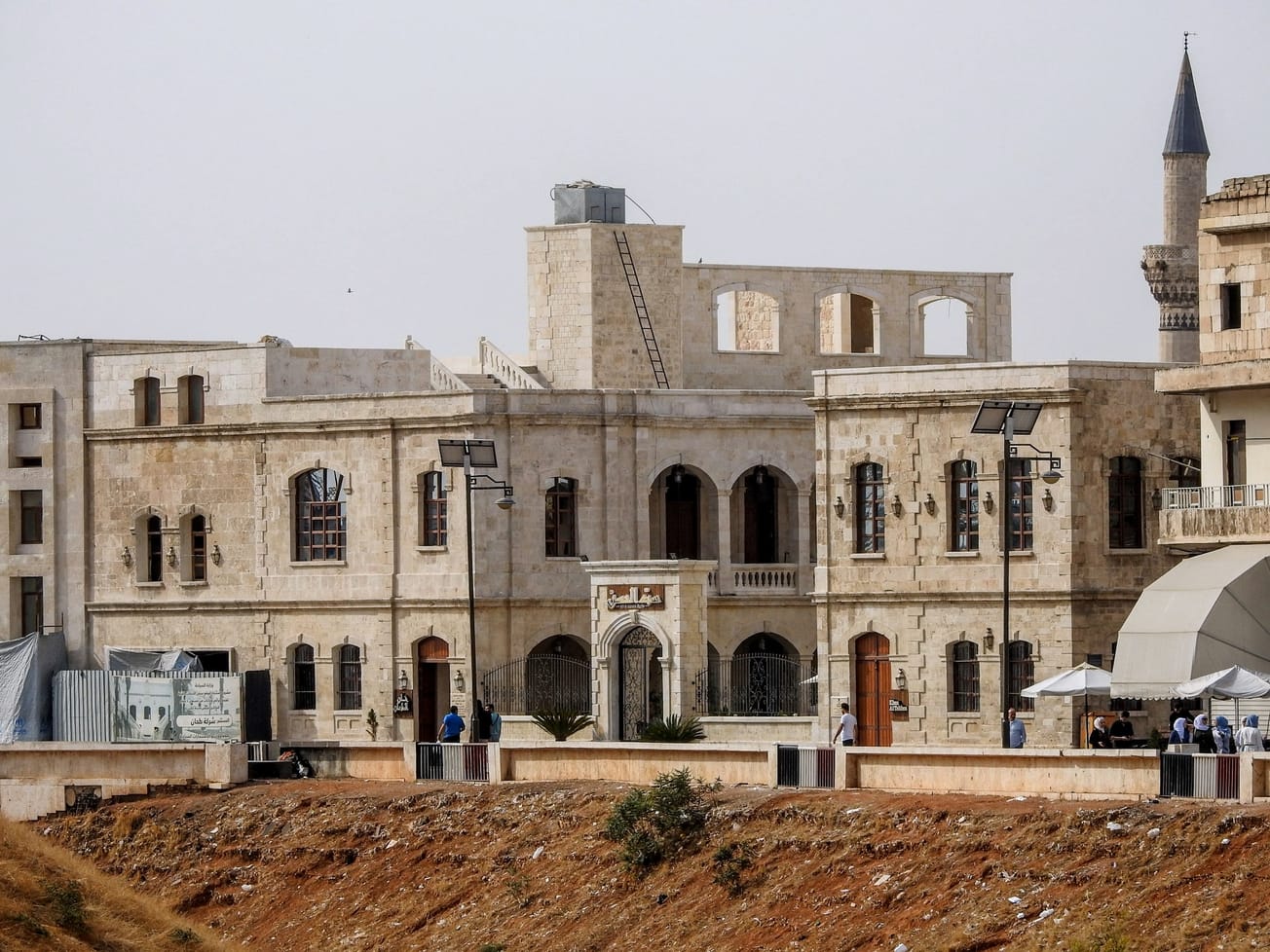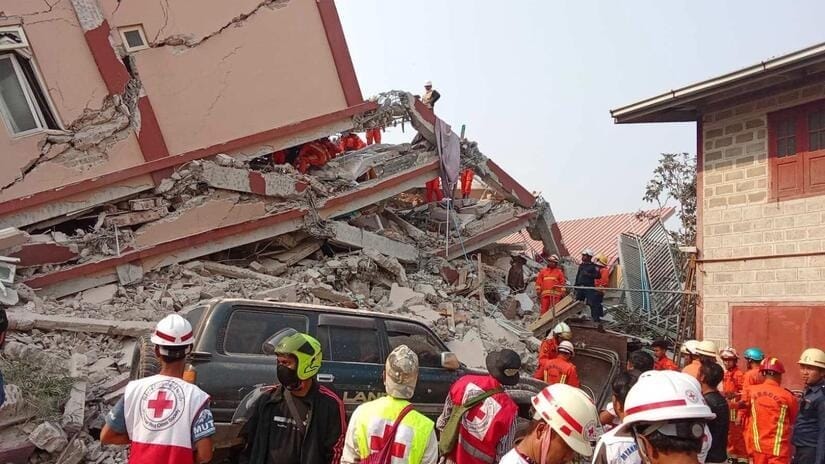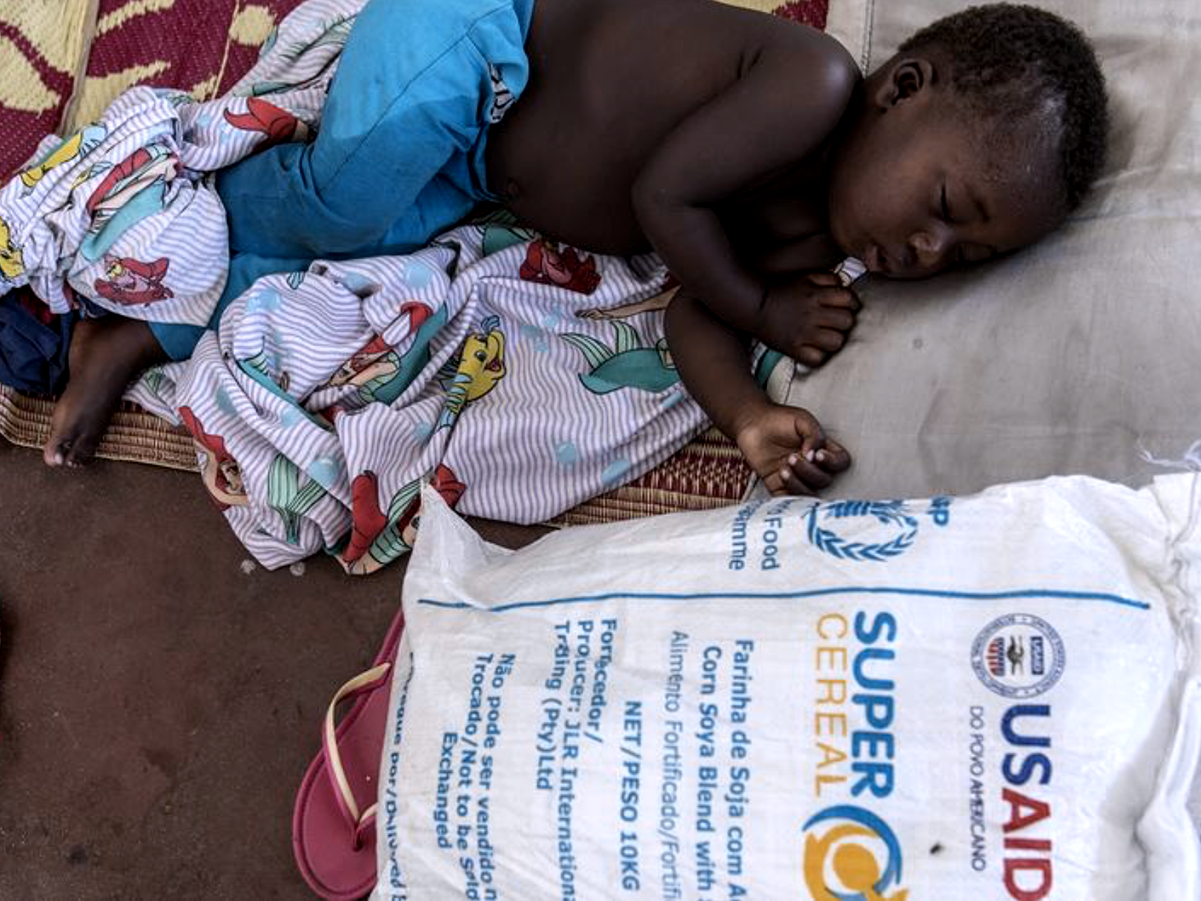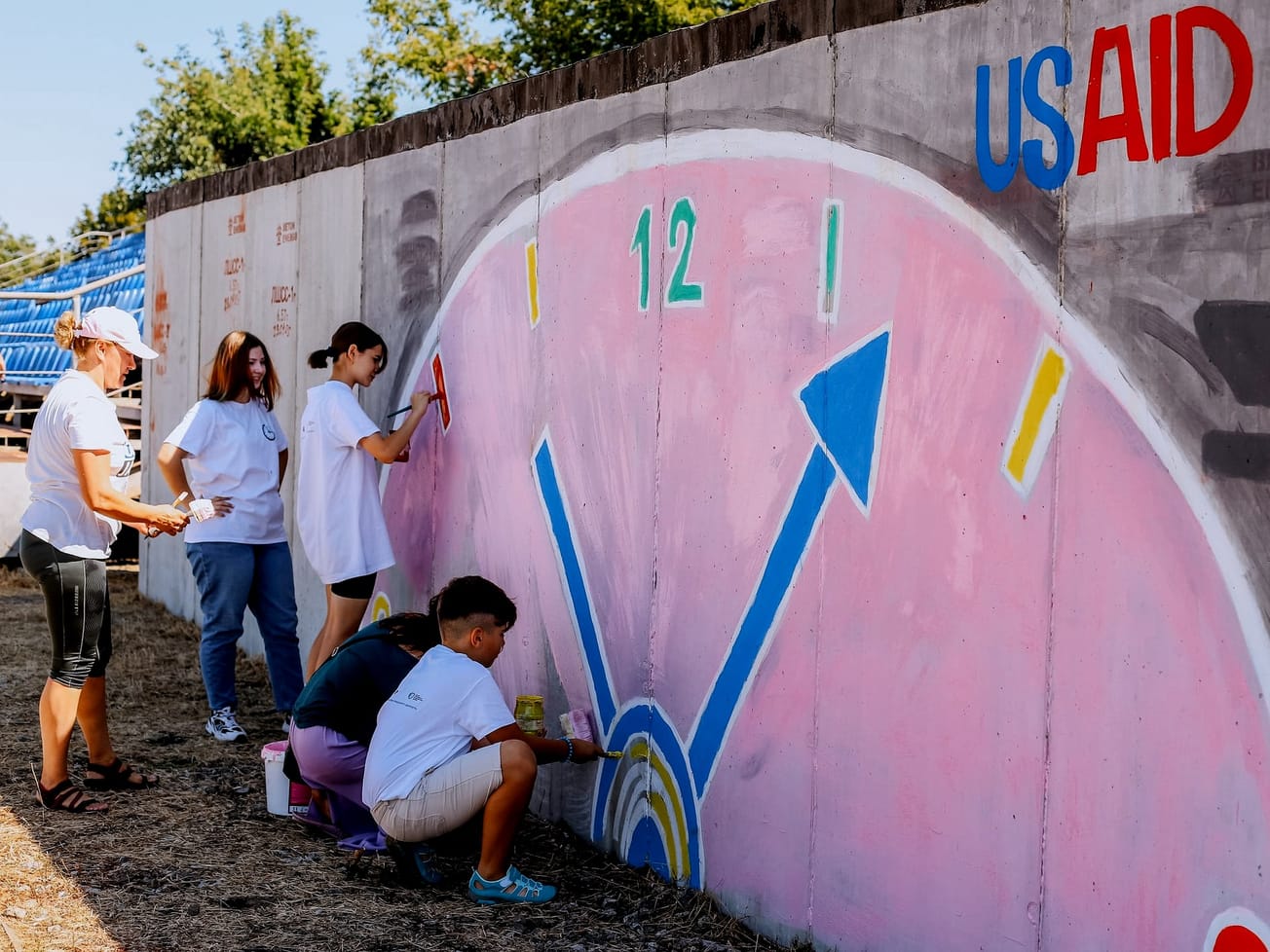GENEVA (AN) — United Nations officials say Syria desparately needs $4.07 billion in humanitarian aid after 13 years of war and destruction.
The U.N.'s humanitarian coordinator in Syria, Adam Abdelmoula, launched the appeal on Friday, days after the Syrian conflict entered its 14th year.









